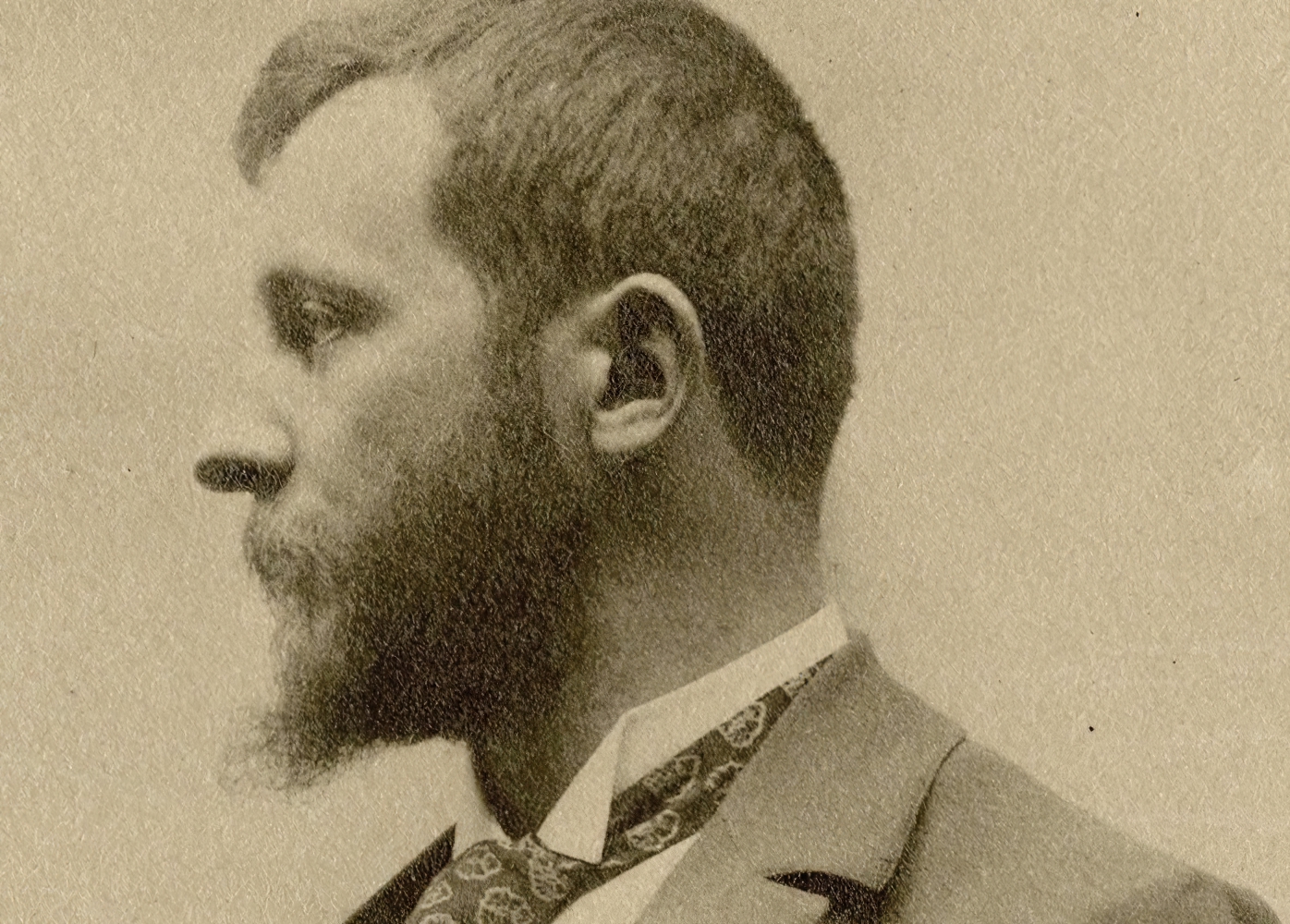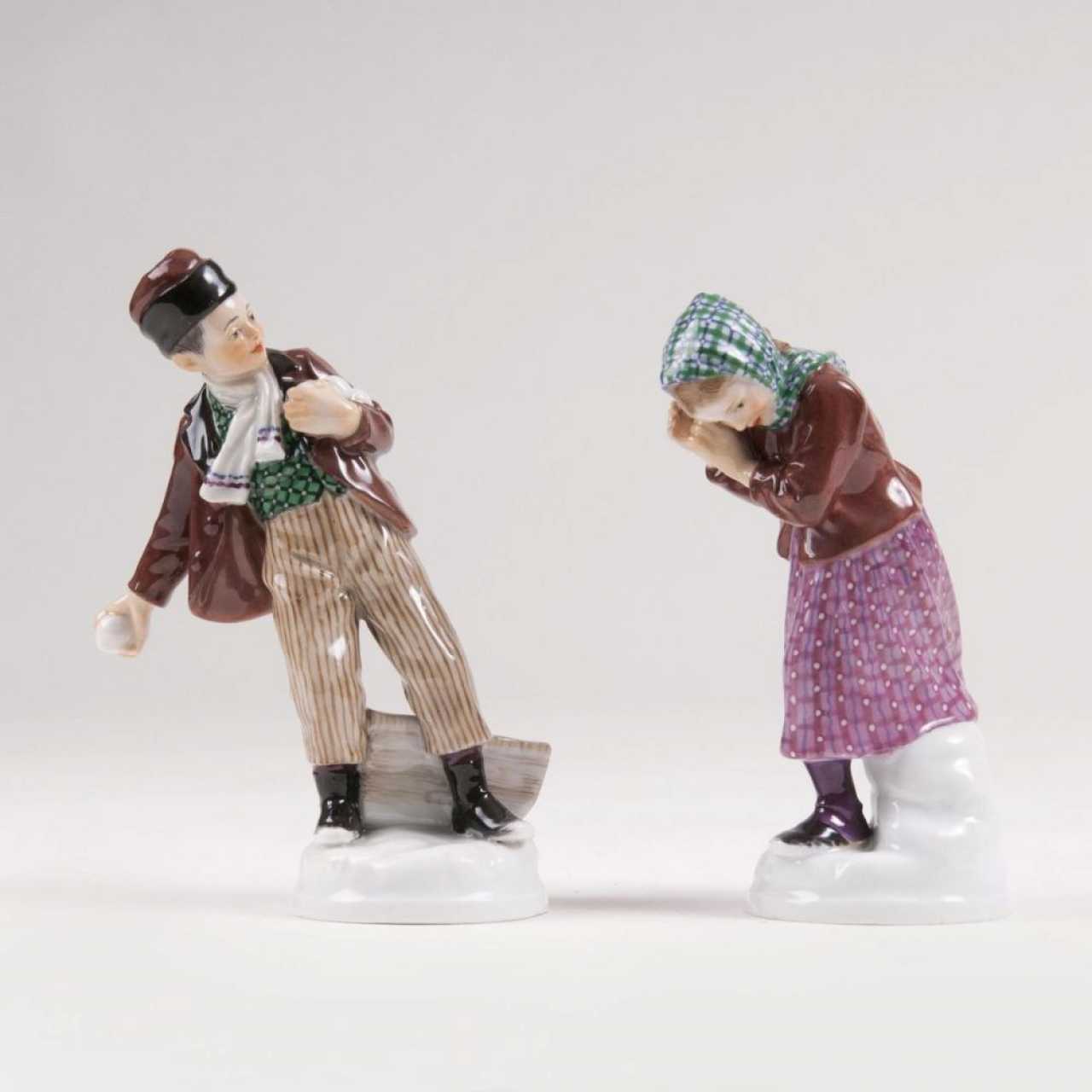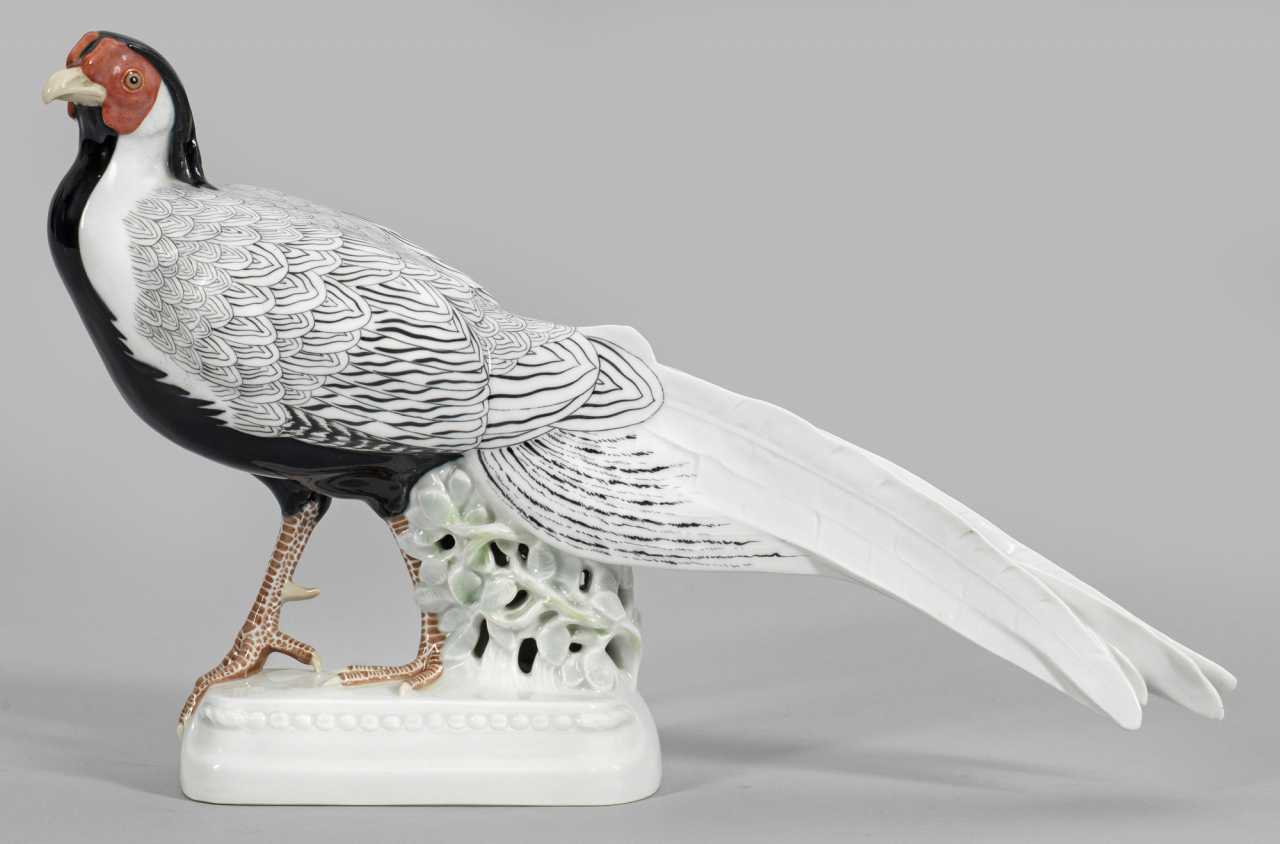Auction
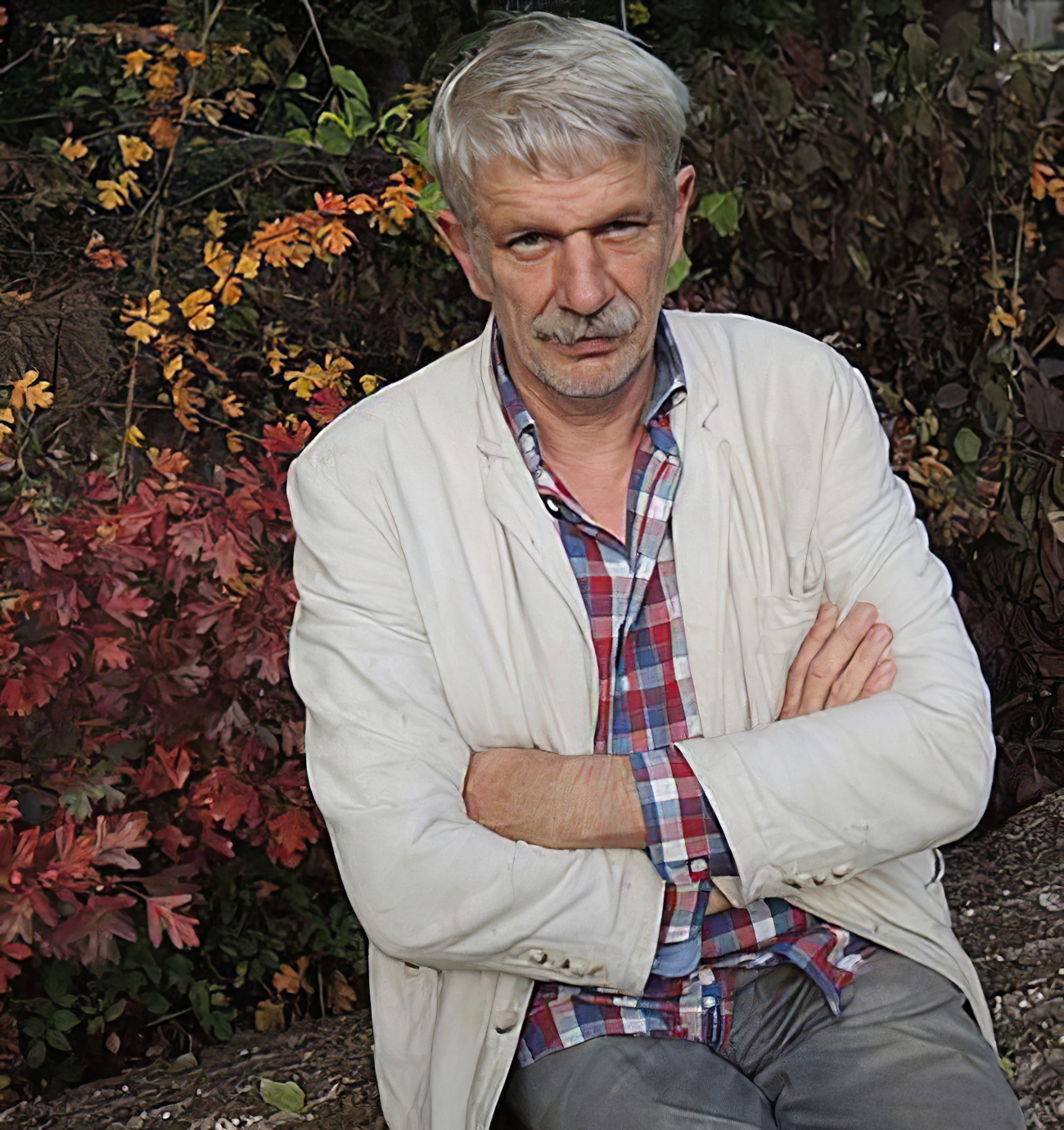
Dietrich Klinge is a German painter and sculptor.
He studied freehand drawing and sculpture at the Stuttgart State Academy of Fine Arts.
Dietrich Klinge became world famous primarily for his uniquely sculpted human figures. With his abstract-shaped forms he creates a peculiar pictorial world of solid figures, busts, heads and reliefs, the powerful presence of which derives from their existential expressiveness. Klinge brings to life, with great artistic originality, the timeless feelings and contradictory mental states of man.

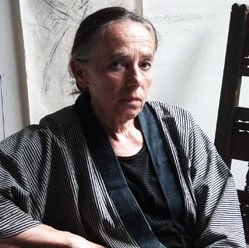



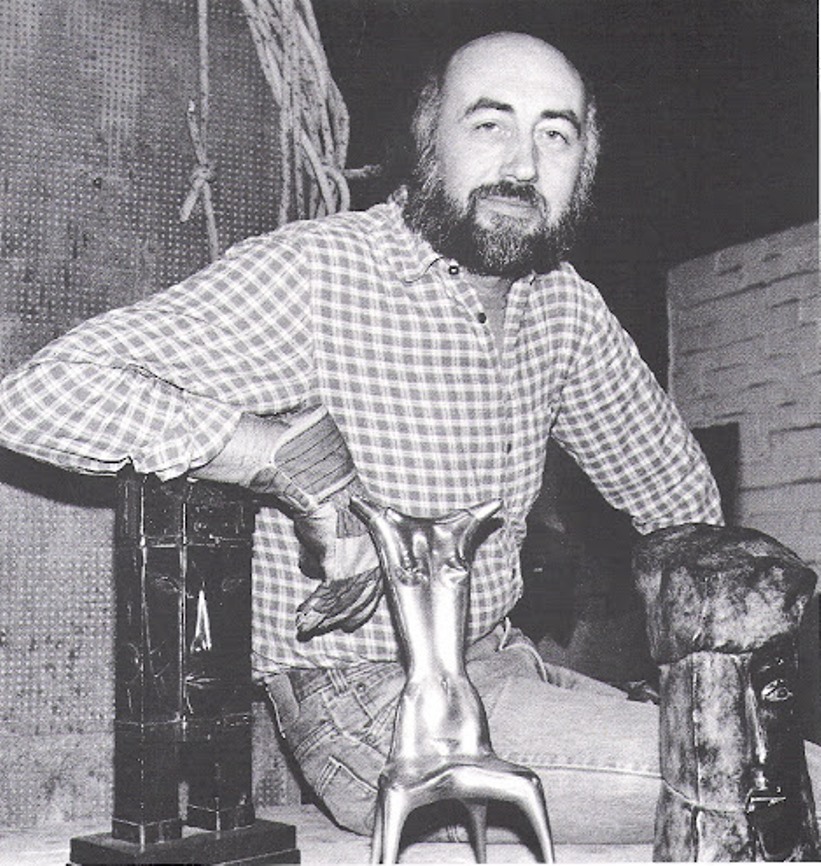




Georg Engst was a German sculptor.
Engst preferred to work in wood, stone and bronze, but also in aluminium, concrete and glass. Much of his artistic work from the mid-1950s onwards is abstract-geometric in character, initially in the form of inlaid panels and inlaid walls made of wood, for example for a commission for the conference room of the Regional Church Office in Hanover in 1957.


Georg Engst was a German sculptor.
Engst preferred to work in wood, stone and bronze, but also in aluminium, concrete and glass. Much of his artistic work from the mid-1950s onwards is abstract-geometric in character, initially in the form of inlaid panels and inlaid walls made of wood, for example for a commission for the conference room of the Regional Church Office in Hanover in 1957.


Georg Engst was a German sculptor.
Engst preferred to work in wood, stone and bronze, but also in aluminium, concrete and glass. Much of his artistic work from the mid-1950s onwards is abstract-geometric in character, initially in the form of inlaid panels and inlaid walls made of wood, for example for a commission for the conference room of the Regional Church Office in Hanover in 1957.


Georg Engst was a German sculptor.
Engst preferred to work in wood, stone and bronze, but also in aluminium, concrete and glass. Much of his artistic work from the mid-1950s onwards is abstract-geometric in character, initially in the form of inlaid panels and inlaid walls made of wood, for example for a commission for the conference room of the Regional Church Office in Hanover in 1957.


Georg Engst was a German sculptor.
Engst preferred to work in wood, stone and bronze, but also in aluminium, concrete and glass. Much of his artistic work from the mid-1950s onwards is abstract-geometric in character, initially in the form of inlaid panels and inlaid walls made of wood, for example for a commission for the conference room of the Regional Church Office in Hanover in 1957.

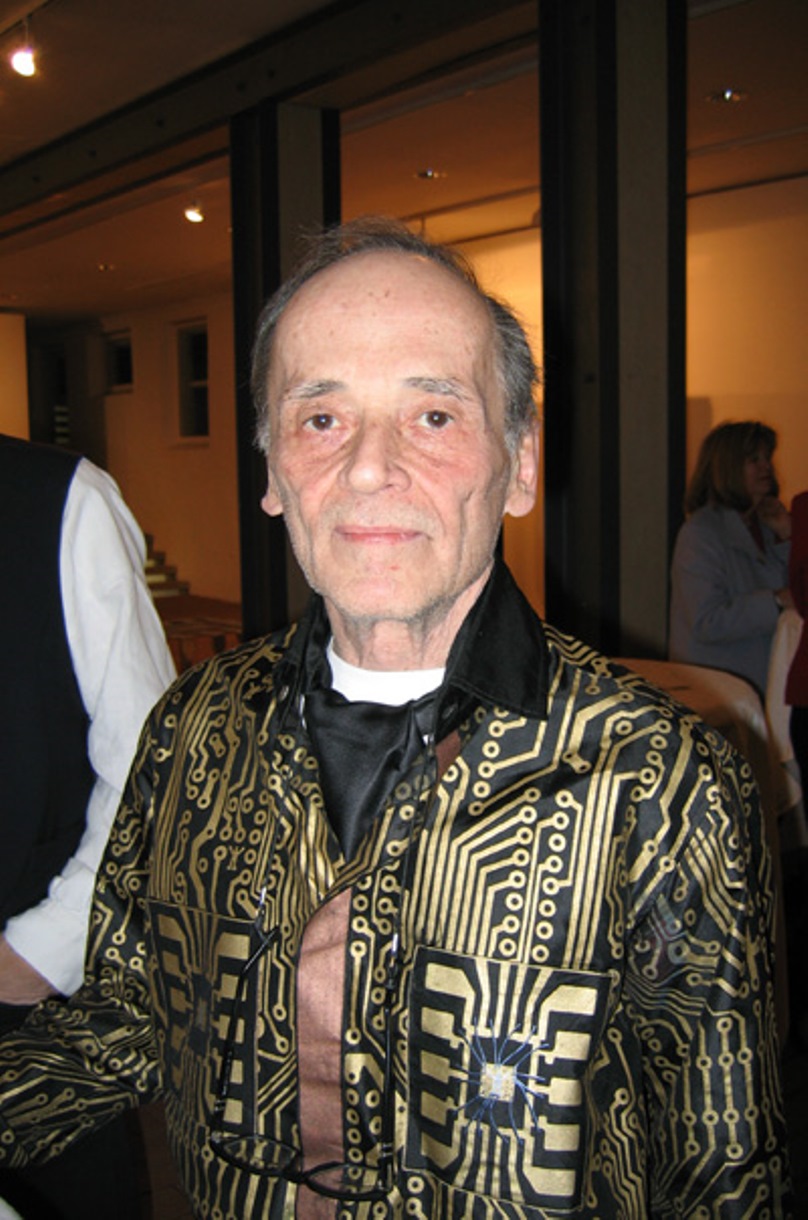
Petrus Wandrey (German: Petrus Wandrey, full name Ulrich Carl Peter Wandrey) is a German digital artist.
In his youth he was influenced by Surrealism, the Pop Art movement and Dadaism. But later Wandrey became so impressed by the culture of science, technology and digital images that he became one of the pioneers of the digitalization movement. In his work, Wandrey often uses digital combinations, pixel sequences and even computer trash.


Petrus Wandrey (German: Petrus Wandrey, full name Ulrich Carl Peter Wandrey) is a German digital artist.
In his youth he was influenced by Surrealism, the Pop Art movement and Dadaism. But later Wandrey became so impressed by the culture of science, technology and digital images that he became one of the pioneers of the digitalization movement. In his work, Wandrey often uses digital combinations, pixel sequences and even computer trash.

